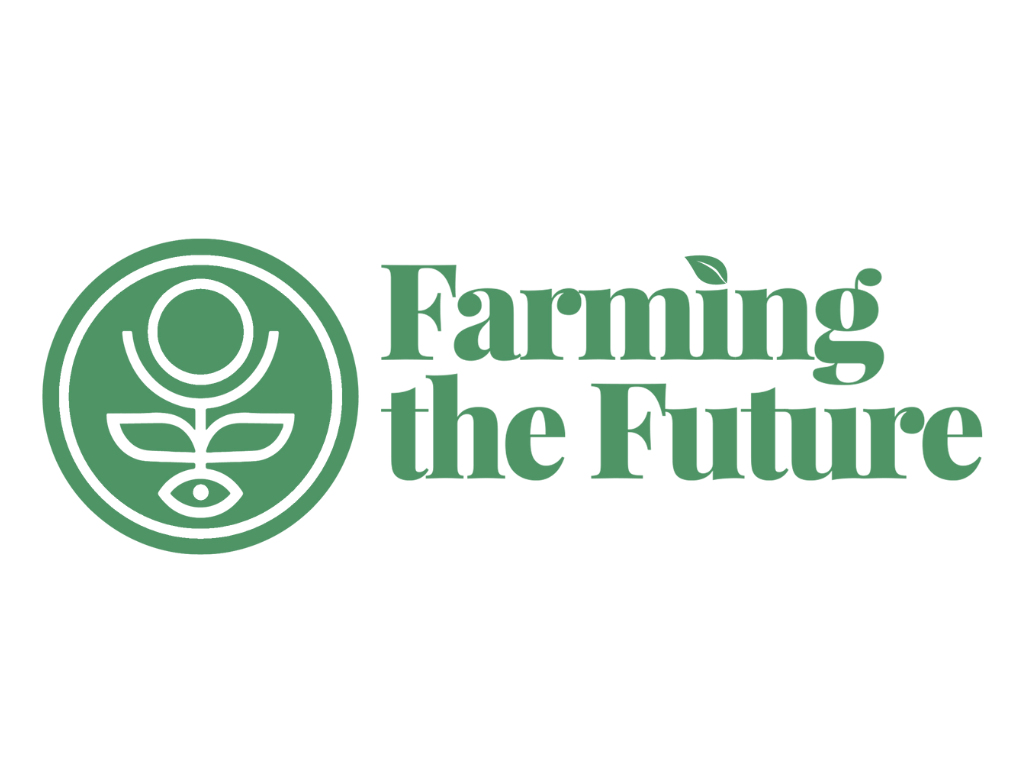Deregulating gene editing – opening a door to what, exactly?
- Pat Thomas
- Oct 26, 2021
- 4 min read
Updated: Oct 20, 2025
Pat Thomas, Director of Beyond GM has written a guest blog on what the deregulation of gene editing means for the agroecology and regenerative farming movements in the UK. Pat is a journalist and the author of multiple books on environment, health and food. Pat is a former editor of the Ecologist magazine and has also sat on the boards of the Soil Association and the Organic Research Centre.

Earlier this year the UK’s Department for the Environment, Farming and Rural Affairs (Defra) launched a public consultation on its plans to deregulate agricultural crops and other organisms produced using a genetic engineering process called gene editing.
The 10-week consultation provoked thousands of responses from the public, as well as from academia, science, business and the public sector – and 86% of all responses indicated that gene editing should continue to be regulated as a GMO. In spite of this the UK government has announced its intention to remove key regulations from gene edited crops.
As a first step, the government proposes to abolishing the requirement for researchers wishing to conduct field trials of gene edited crops in England to apply and pay for a license. Instead, researchers and institutions need only notify Defra of their intention to conduct a trial. This change will be ushered in via statutory instrument (SI) without any parliamentary debate and is most likely to happen before the end of this year.
We don’t yet know whether government will, for example, remove sensible ‘safety-first’ measures like public notifications, requirements for buffer zones between the trial and other crops and procedures to stop trial material getting into the food chain and crop residues persisting in the field. As with so much of this process the scope, the definitions and timetables remain chaotic and unclear.
This will be followed by primary legislation to change the definition of genetic modification and genetically modified organisms, most likely via in the UK’s Environment Act, to exclude gene editing from current regulations. Finally, the government will be looking to remove regulations from all types of GMOs.
It’s important to be clear that this travesty of ‘democracy’ is not about food or farming. It’s not about climate, or biodiversity or feeding the world. It is, as we and our colleagues at GM Freeze have been saying over the course of this year’s Safeguarding Agroecology project, the result of a blind faith in entrepreneurs over farmers, cut and paste technology over acquired knowledge and skill and, ultimately, in business-as-usual over urgently needed transformation.
All of these contrasts are relevant to discussions at the upcoming COP26 where, inexplicably, food and farming are largely absent from the programme of events.
Opening the door
Although the consultation sought views on gene edited plants, animals and microbes, for now deregulation plans only apply to plants. However, once that door is open, as the UN FAO’s recent Strategic Framework 2022-31 so starkly promotes, agroecology is an “entry door” through which biodigital and genetic technologies can enter the wider farming system and proliferate.
Closer to home a recent report for the Soil Association, AgroEcoTech: How can Technology Accelerate a Transition to Agroecology?, has prompted urgent discussions around the question of whether technology is a ‘values-neutral’ option that can slip seamlessly into any farming system, anywhere.
This is the direction of travel when the UK government strategy, Regulating for the Fourth Industrial Revolution, talks about “blurring the lines” between the natural and technological worlds. It is the intent behind APPG on Science and Technology in Agriculture spreading misinformation about “illicit practices” in organic as part of an ongoing strategy to undermine any inconveniently principled approach to farming and food production.
Having achieved that, we are not just looking at a future with a handful of genetically engineered cash crops. We are looking at a future, already in motion, that includes genetically engineered livestock and insects; gene drives and RNAi sprays that can change the genetics of a plant – or the way that genes function – in the living field; genetically engineered microorganisms used as seed coatings and soil ’improvers’ potentially slipping unlabelled into the wider ecosystem; synthetic biology – for instance to produce faux animal proteins – which takes work away from farmers and is also of unproven benefit in terms of sustainability (see here and here). Complete deregulation of gene editing and GMOs also raises the spectre of using these ‘tools’ for conservation and re-wilding.
For the moment at least, organic is the only farming approach that closes the door to all these things. But the threat to agroecology, ‘nature friendly’ and ‘regenerative’ farming remains.
The UK government’s plans and timetables should become clearer in the very near future. There is strength in numbers and we look forward to continued dialogue and working with all our colleagues in the Farming the Future collective, to ensure that farmers and citizens – and not self-interested entrepreneurs – set the agenda for how we farm and how we feed ourselves.




